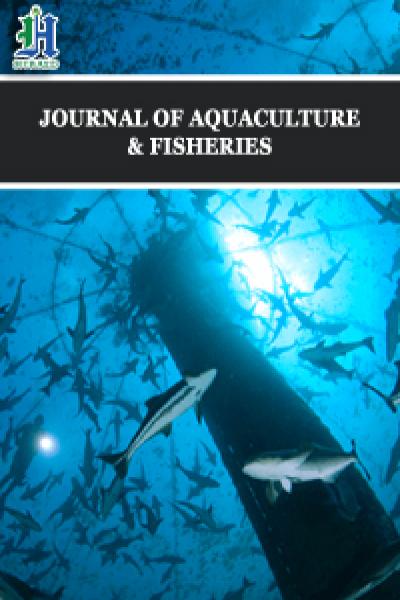
Fish Feed Technology
Fish feed technology plays a crucial role in enhancing aquaculture productivity and sustainability. This field focuses on the development and formulation of nutritionally balanced feed that meets the dietary needs of various fish species. Modern fish feeds are typically formulated using a combination of proteins, carbohydrates, fats, vitamins, and minerals, sourced from both plant and animal origins. Advances in extrusion technology have led to the production of floating and sinking pellets that improve feed efficiency and reduce waste. Innovative techniques such as microencapsulation and the use of probiotics and enzymes in feed further boost digestion, immunity, and growth performance in fish.
Additionally, research into alternative protein sources like insect meal, algae, and single-cell proteins is helping to reduce reliance on traditional fishmeal and soybean meal, contributing to environmental sustainability. Quality control, proper feed storage, and water-stable formulations are critical in maintaining feed integrity and aquatic health. The evolution of fish feed technology continues to support the growing demands of the aquaculture industry while addressing challenges related to cost, nutrition, and environmental impact.
These advancements in fish feed technology are crucial for the sustainable growth of the aquaculture industry, ensuring high yields, economic viability, and environmental stewardship.

